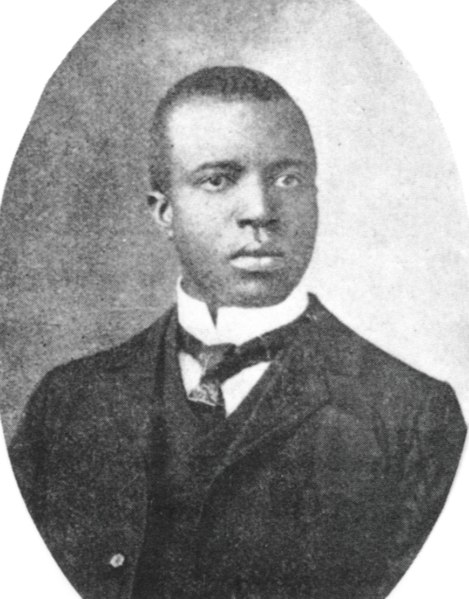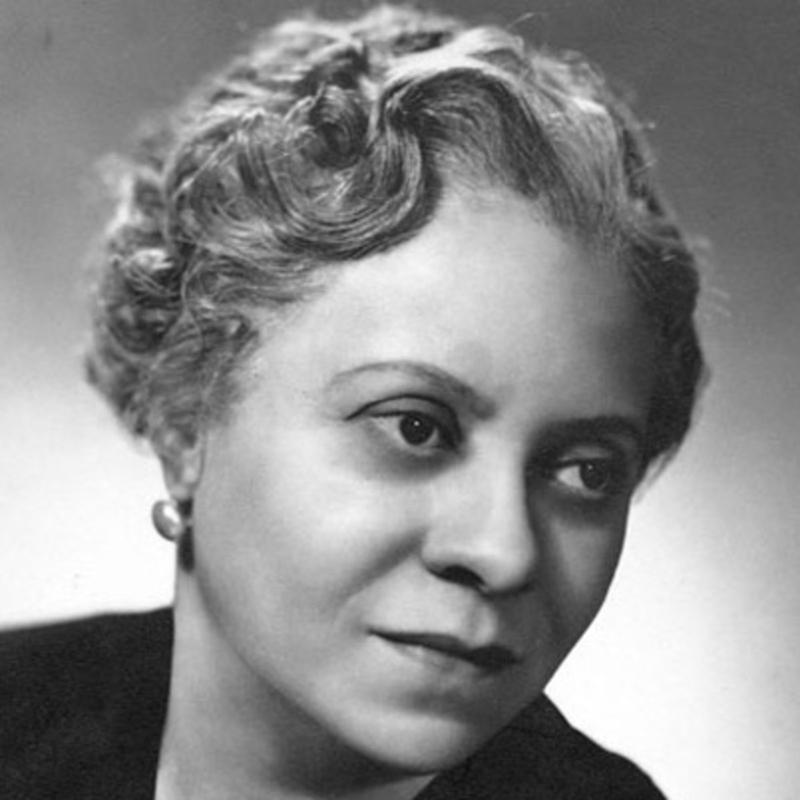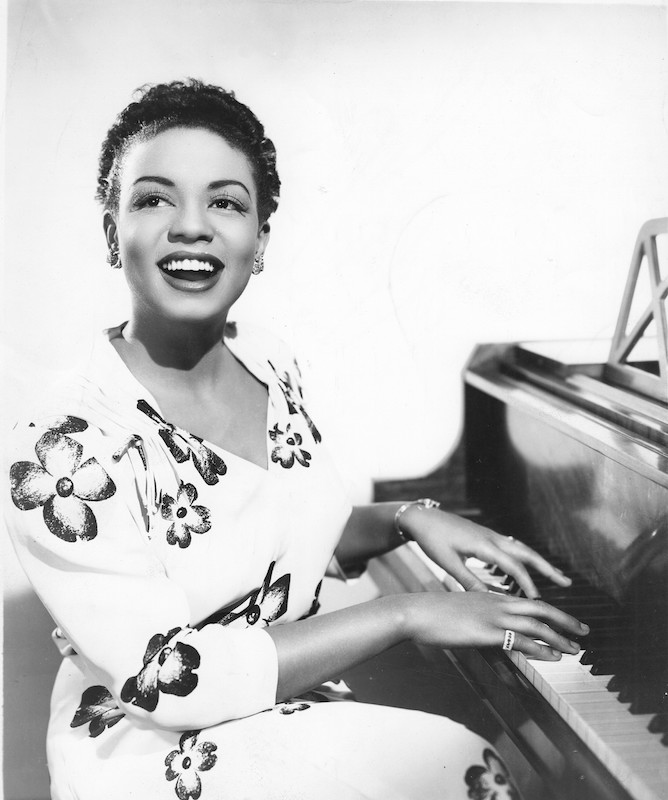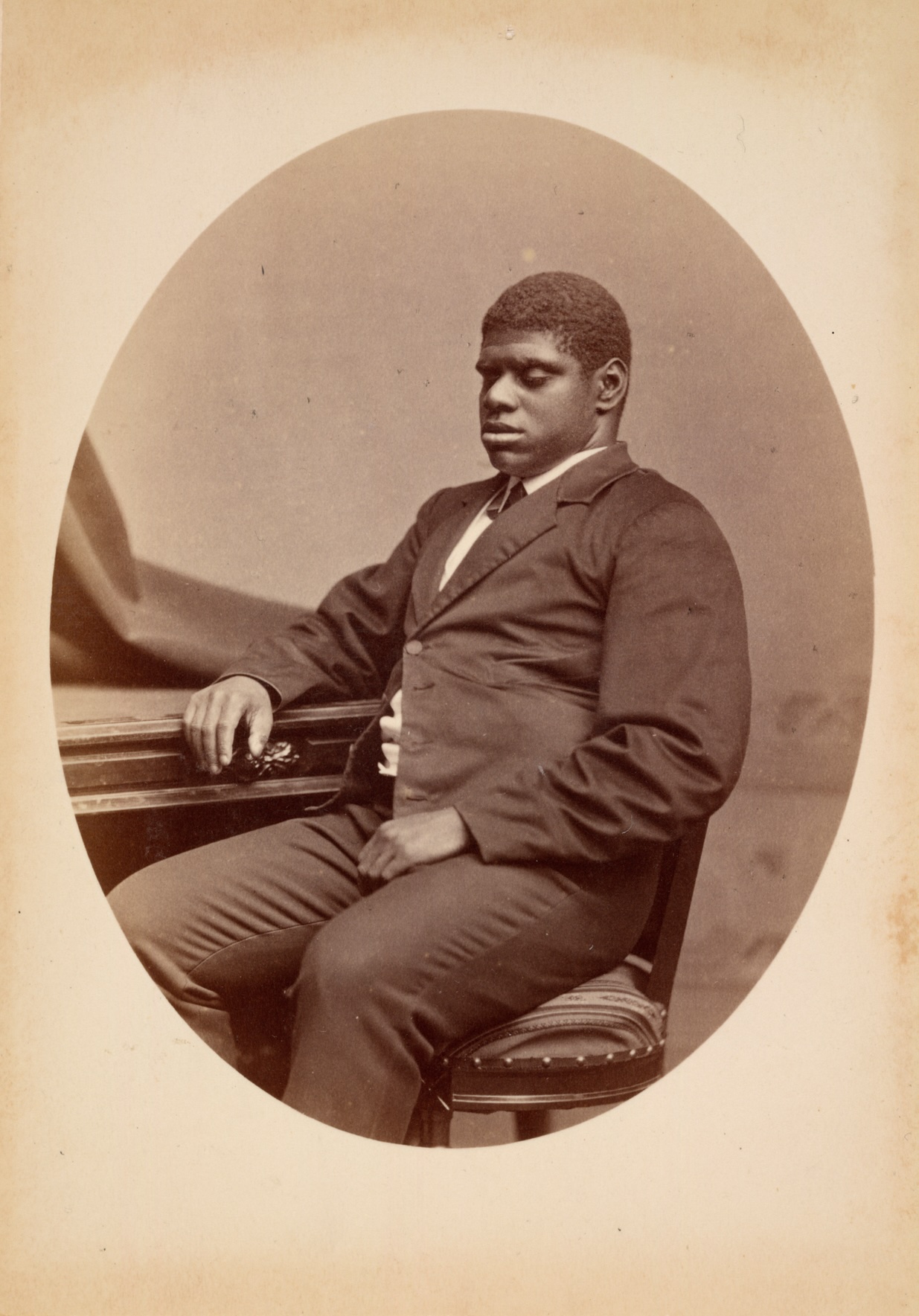For Black History Month 2021, we wrote up a series of articles exploring Black piano players and their impact. We hope that—like we did—you learn something new!
Throughout the history of music in the United States, African American musicians have taken popular music and blended it with local and regional musical traits to create new kinds of music greater than the sum of their parts.
Here are a handful of Black pianists, in alphabetical order, whose legacies in music are worth learning more about. Among those in this list are musicians whose repertoire has been foundational for major genres of music.
Like all cultural studies, this list barely scratches the surface of Black piano players and their impacts on music. Let this list be a starting point on your quest to finding your new favorite musician!
Fats Domino (1928 – 2017)
Antoine Dominique “Fats” Domino Jr. was one of the pioneers of rock and roll music. Though he never defined his work as rock and roll, saying, “It wasn’t anything but the same rhythm and blues I’d been playin’ down in New Orleans.”
Fats sold more than 65 million records, and had eleven Top 10 hits between 1955 and 1960. Even with all his success and impact on music of the 1960s and 1970s, he remained humble and shy.
Domino was present in the audience of 2,200 people at Elvis Presley’s first concert at the Las Vegas Hilton on July 31, 1969. At a press conference after the show, when a journalist referred to Presley as “The King”, Presley gestured toward Domino. “No,” Presley said, “that’s the real king of rock and roll.”
Scott Joplin (1868 – 1917)
Scott Joplin was known as the King of Ragtime for his influential ragtime compositions. In his life, he wrote over 100 original ragtime pieces, one ragtime ballet, and two operas.
One of his first and most popular pieces, the “Maple Leaf Rag”, became ragtime’s first and most influential hit, and has been recognized as the archetypal rag.
Joshua Rifkin, a leading Joplin recording artist, wrote:
“A pervasive sense of lyricism infuses his work, and even at his most high-spirited, he cannot repress a hint of melancholy or adversity…He had little in common with the fast and flashy school of ragtime that grew up after him.”
While Joplin never made an audio recording, his playing is preserved on seven piano rolls for use in mechanical player pianos. Below is a 1906 recording of his piece “Maple Leaf Rag” performed by the United States Marine Band. It is the first surviving recording of the “Maple Leaf Rag”.
"Maple Leaf Rag" - Scott Joplin
We’re big fans of Scott Joplin — our old coffee shop was even named after him! Read more about Joplin’s legacy.
Florence Price (1887 – 1953)
Florence Price was the first African-American woman to be recognized as a symphonic composer, and the first to have a composition played by a major orchestra.
She learned about music from her mother, a music teacher. After high school, she later enrolled in the New England Conservatory of Music in Boston, Massachusetts with a major in piano and organ. At the Conservatory, she studied composition and counterpoint with composers George Chadwick and Frederick Converse.
Even though her training was based in European tradition, her music reveals her Southern roots. Being Christian, she often used the music of her African-American church as material for her arrangements. She began to incorporate elements of African-American spirituals in her compositions, emphasizing its rhythm and syncopation. Her melodies were blues-inspired and mixed with more traditional, European Romantic techniques.
Hazel Scott (1920 – 1981)
Hazel Scott was born in Trinidad and moved to New York at the age of 4. She soon after learned to play piano from her classically-trained pianist mother and was labeled a child musical prodigy. At just 8 years old, she was receiving scholarships to study under professors at Julliard.
In her early adulthood during the 1930s and 1940s, she became known as a prominent jazz singer. Then in 1950, she became the first Black person to host their own network TV show, called The Hazel Scott Show.
As a well-known singer, pianist, and actress, she used her platform to speak on civil rights issues and uplift Black Americans. Notably, she also refused to perform at segregated clubs and refused any screen roles that typecast her negatively.
Nina Simone (1933 – 2003)
You may know Nina Simone as a phenomenal singer and performer, but did you know she initially wanted to become a concert piano player?
After learning to play the piano at a young age, she performed her first classical recital at the age of 12. Then after graduating high school, she spent the summer of 1950 at Juilliard as a student of Carl Friedberg, performing at small clubs to fund her lessons. And the rest is history!
She took a lot of inspiration from classical music—particularly Bach—and mixed it into her gospel and pop sound. About one minute into the video below, the instrumental break is actually a rendition of a Bach fugue.
Thomas “Blind Tom” Wiggins (1849 – 1908)
“Blind Tom” is actually an incredible historic figure. By the time of his death, he had become the most famous American pianist of the 19th century and the first Black American to perform at the White House.
Blind Tom was born a blind slave and was likely an autistic savant. Not being able to work, he was allowed to play piano. Very early on, he showed an incredible talent, repeating songs he heard just once with perfect precision.
At the age of 8, he was “hired” by a local concert promoter. He was soon taken on tours to perform, and not long after became the “highest-earning” pianist of the 19th century.
It’s estimated that Blind Tom learned over 7,000 pieces of music throughout his life. He often performed classical music, particularly by Bach and Beethoven, and he also wrote more than 100 compositions of his own. Unfortunately, no original recordings of his exist and few pianists have done renditions of his work too.
It’s worth noting that despite having genuine fans (Mark Twain having been one), Blind Tom was largely poor, mocked and mistreated during his lifetime. This makes it even more important to celebrate him as an accomplished Black piano player now!











0 Comments